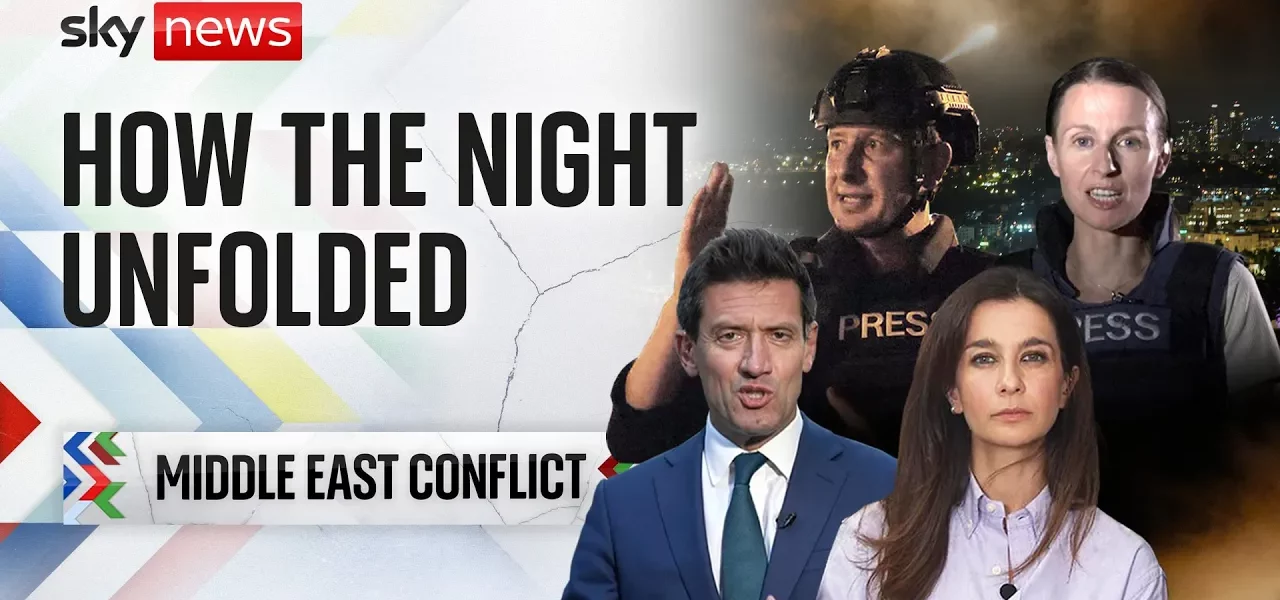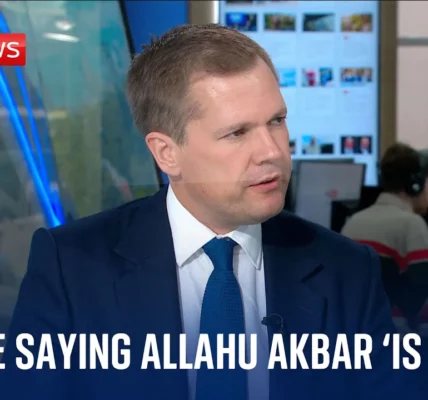Missiles Launched from Iran into Israel: A Comprehensive Update

This article provides a detailed overview of the recent missile attacks from Iran into Israel, exploring the military response, regional implications, and international reactions to this escalating conflict.
Introduction
The recent escalation of missile attacks from Iran into Israel marks a significant moment in the ongoing tensions in the Middle East. With reports indicating hundreds of missiles launched, this incident has raised alarms reminiscent of past conflicts, particularly the events surrounding October 7. The Israeli military’s response, the capabilities of its missile defense systems, and the broader geopolitical ramifications are crucial to understanding the current situation. This article delves into these aspects, providing a comprehensive analysis of the implications of such an attack on regional and global stability.
Overview of the Missile Attacks
The Israeli military has confirmed that multiple missiles were launched from Iranian territory towards Israel, a development that has not been seen at this scale since prior significant conflicts. This section will explore the details surrounding the missile launches and their immediate implications.
Details of the Attack
According to military sources, the attacks involved:
- Hundreds of missiles targeting various locations in Israel.
- A coordinated effort from Iranian military forces, indicating a strategic escalation.
- Sirens blaring across the country, signaling incoming threats to civilians.
Historical Context
To better understand the gravity of these attacks, it is essential to consider:
- The previous significant missile attacks on Israel, especially those occurring on October 7.
- The advancements in missile technology that have made such attacks more feasible.
- The historical tensions between Iran and Israel, which have contributed to the current state of conflict.
Israel’s Military Response
In response to the missile attacks, Israel has activated its defense systems while assessing the effectiveness of its military capabilities, including the Iron Dome and other air defense measures.
The Iron Dome and Its Limitations
While the Iron Dome has been successful in intercepting numerous incoming threats, it has limitations when it comes to:
- Ballistic missiles, which require different defense strategies.
- High-volume attacks that can overwhelm the system.
Other Defense Measures
Israel is also relying on additional military assets, including:
- Ground defenses to protect critical infrastructure.
- Intelligence operations to monitor potential future attacks.
- Air strikes aimed at neutralizing missile launch sites in Iran.
International Reactions
The international community has responded swiftly to the escalation of violence. Key players have voiced their support for Israel and condemned the missile attacks.
Statements from Global Leaders
Leaders from various countries, including:
- The United States, which has reiterated its full support for Israel.
- The United Kingdom, emphasizing its condemnation of the violence.
- Other allies in the region, calling for restraint and de-escalation.
Calls for Ceasefire
President Joe Biden’s administration has advocated for:
- A ceasefire in Gaza to prevent further civilian casualties.
- Diplomatic efforts aimed at reducing tensions between Hezbollah and Israel.
- Preventing a larger conflict that could engulf the region.
Geopolitical Implications
The missile attacks and subsequent responses are likely to have far-reaching geopolitical implications, particularly concerning stability in the Middle East.
Potential for Escalation
There is significant concern that this situation could escalate into a wider conflict. Factors contributing to this risk include:
- The potential for Iranian retaliation against Israeli strikes.
- The involvement of other regional players, such as Hezbollah.
- The risk of miscalculations leading to unintended consequences.
Future of Regional Alliances
As tensions rise, the dynamics of alliances in the region may shift, with possible outcomes including:
- Increased cooperation among nations opposed to Iran.
- Strains in relationships between allies as differing interests emerge.
- Pressure on the United States to take a more active role in mediating peace.
Conclusion
The missile attacks launched from Iran into Israel represent a significant escalation in an already volatile situation. As military and political responses unfold, the potential for increased conflict remains a pressing concern. It is essential for global leaders to prioritize diplomatic solutions to prevent further violence and ensure the security of all nations involved. For those seeking to stay informed on this evolving situation, we encourage you to follow our updates and analyses on related topics.
“`




